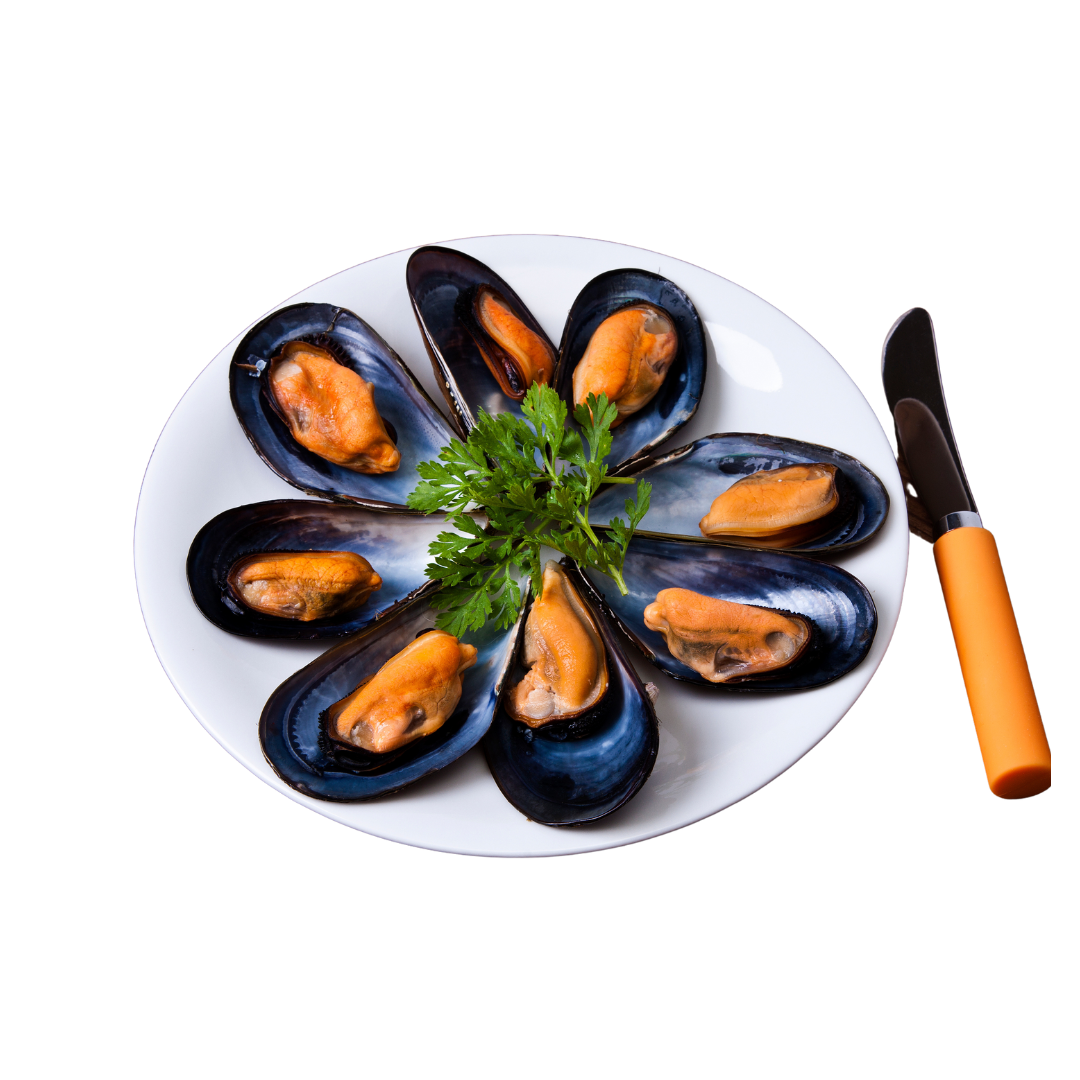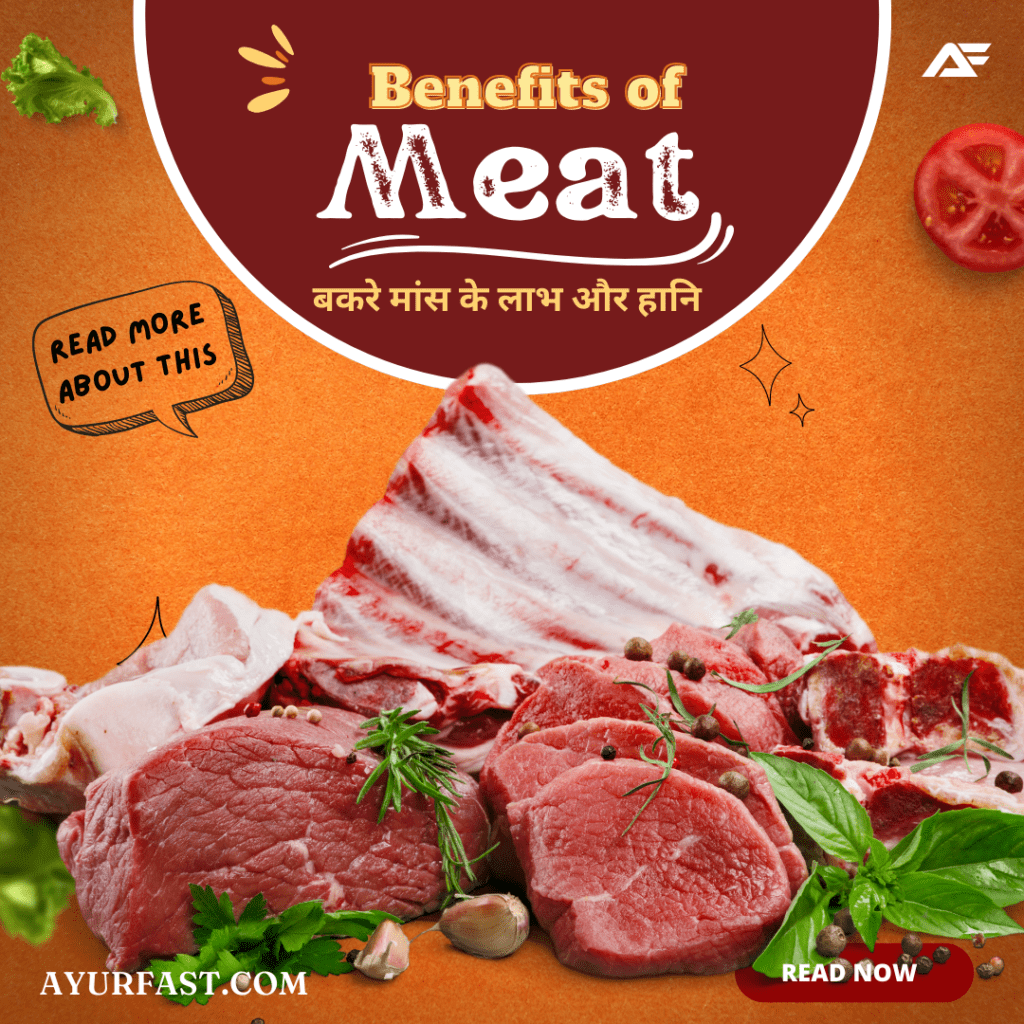About
Mussel meat is edible meat extracted from mussels, a type of shellfish found in saltwater bodies. These small, soft-bodied animals are packed with nutrients and are often used in various cuisines worldwide. Here is some detailed information on mussel meat:
Health Benefits:
- High in Protein: Mussel meat is a great source of protein, which is essential for building and repairing tissues.
- Rich in Omega-3 Fatty Acids: These fatty acids are essential for brain function, reducing inflammation, and lowering the risk of heart disease.
- Good source of Vitamins and Minerals: Mussel meat is a good source of iron, vitamin B12, selenium, and other vitamins and minerals.
- Low in Fat and Calories: Mussel meat is relatively low in fat and calories, making it a great addition to a balanced diet.
- May improve Brain Function: The high omega-3 content in mussel meat may improve brain function and prevent mental decline.
Health Losses:
- High in Cholesterol: Mussel meat is high in cholesterol and should be consumed in moderation by people with high cholesterol levels.
- Possible Heavy Metal Contamination: Mussels can accumulate heavy metals such as mercury and lead, which can be harmful in large amounts.
Preparation Method:
- Boiling: Boil the mussels in water until they open up. Remove the meat from the shells and discard any unopened ones.
- Grilling: Grill the mussels on a hot grill until they open up and the meat is cooked.
- Steaming: Steam the mussels in a pot with water and seasonings until they open up.
Treatments: Mussel meat can be used in various dishes such as:
- Soups and stews
- Pasta dishes
- Salads
- Paella
- Pizza toppings
Harms of Overdose:
Overconsumption of mussel meat can lead to digestive discomforts, such as nausea, vomiting, and diarrhea. It can also lead to heavy metal toxicity, especially in people with compromised liver function.
Maximum Consumption Chart per day (50g serving):
- Child: 50g
- Adult Man: 200g
- Adult Woman: 150g
Table 1: Energy and Macronutrient Content
| Nutrient | Amount per 50g Serving |
|---|---|
| Energy (kcal) | 43 kcal |
| Carbohydrates | 1g |
| Protein | 7g |
| Fat | 1g |
| Fiber | 0g |
| Water Content | 40g |
Table 2: Vitamin Content
| Vitamin | Amount per 50g Serving |
|---|---|
| Vitamin A | 4mcg |
| Vitamin B1 | 0.02mg |
| Vitamin B2 | 0.05mg |
| Vitamin B3 | 1.1mg |
| Vitamin B6 | 0.06mg |
| Vitamin B12 | 3.3mcg |
| Vitamin C | 5mg |
| Vitamin D | 0.5mcg |
| Vitamin E | 0.6mg |
| Vitamin K | 0.05mcg |
| Folate | 10mcg |
| Biotin | 1mcg |
Table 3: Mineral Content
| Mineral | Amount per 50g Serving |
|---|---|
| Calcium | 15mg |
| Iron | 2.4mg |
| Iodine | 25mcg |
| Zinc | 1mg |
| Magnesium | 20mg |
| Phosphorus | 75mg |
| Potassium | 190mg |
| Sodium | 160mg |
| Chloride | 310mg |
| Copper | 0.15mg |
| Chromium | 1mcg |
| Fluoride | 7mcg |
| Molybdenum | 2mcg |
| Manganese | 0.05mg |
| Selenium | 13mcg |
What is mussel meat?
Mussel meat is the edible flesh of the mussel, a type of shellfish that is commonly used in seafood dishes.
How do you cook mussel meat?
Mussel meat can be steamed, grilled, roasted, or used in soups and stews. Cooking time and method may vary depending on the recipe.
What are the health benefits of mussel meat?
Mussel meat is a good source of protein, iron, and omega-3 fatty acids. It may also provide other health benefits such as improving heart health and reducing inflammation.
Where can I buy fresh mussels?
Fresh mussels can be found at seafood markets, fishmongers, and some grocery stores. Look for mussels that are closed tightly and have a fresh smell.
How long do you steam mussels?
Mussels generally take about 5-7 minutes to steam until they open. Discard any mussels that do not open during cooking.
Can you freeze mussel meat?
Yes, you can freeze mussel meat. It is recommended to blanch the meat first before freezing to preserve its quality.
What is the difference between farmed and wild mussels?
Farmed mussels are grown in controlled environments, while wild mussels are harvested from their natural habitats. Farmed mussels may be more sustainable and less expensive than wild mussels.
What is the nutritional value of mussel meat?
Mussel meat is a good source of protein, iron, vitamin B12, and omega-3 fatty acids. It is also low in fat and calories.
How do you make a mussel soup?
To make a mussel soup, combine steamed mussels with a flavorful broth and vegetables such as onions, celery, and carrots. Simmer until the vegetables are tender and the flavors have blended.
What is the best seasoning for mussels?
The best seasoning for mussels can vary depending on the recipe, but popular choices include garlic, white wine, lemon, and herbs such as parsley and thyme.
What wine pairs well with mussels?
White wines such as Sauvignon Blanc, Pinot Grigio, and Chardonnay are popular choices to pair with mussels.
How do you make mussel chowder?
To make mussel chowder, combine steamed mussels with potatoes, onions, celery, and a creamy broth. Simmer until the vegetables are tender and the flavors have blended.
How do you prepare mussel pasta?
To prepare mussel pasta, combine steamed mussels with cooked pasta and a flavorful sauce such as tomato or white wine sauce.
What are some popular appetizers with mussels?
Popular appetizers with mussels include stuffed mussels, mussel fritters, and mussels in garlic butter sauce.
What are some creative ways to cook mussels?
Creative ways to cook mussels include adding them to paella, risotto, or pizza toppings.
What are some traditional Mediterranean mussel recipes?
Traditional Mediterranean mussel recipes include moules marinières, a French dish made with white wine and garlic, and spaghetti alle vongole, an Italian dish made with clams and garlic.
What are some classic French mussel dishes?
Classic French mussel dishes include moules frites, a dish of steamed mussels served with fries, and bouillabaisse, a seafood stew that may include mussels.









